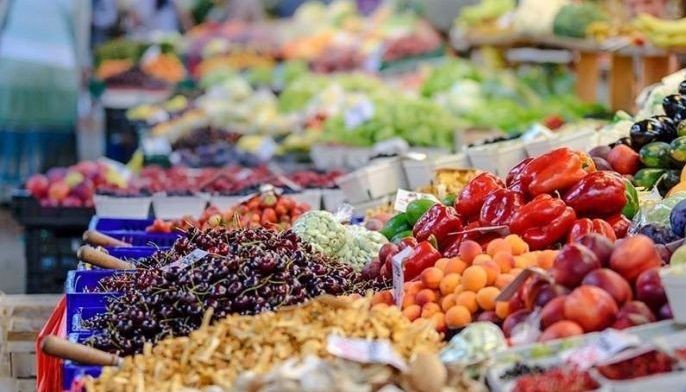MANILA, Philippines — Starting this Friday, the government will start imposing sanctions on rice traders and retailers who do not comply with the implementation of the suggested retail price (SRP) rule for the Filipinos’ main staple.
Agriculture Secretary Emmanuel Piñol said the National Food Authority (NFA), Department of Trade and Industry and the Philippine National Police will start imposing sanctions
on those who violate the SRP rule for both local and imported rice.
“Sanctions include a written warning for the first offense. For succeeding offenses, violators could suffer penalties of a jail term of between four months to four years and a fine of between P2,000 to P1 million. The NFA will also cancel their license to engage in rice trading and retailing,” he pointed out.
The SRP rule is implemented to protect consumers and prevent profiteering. Initially, it was designed for Metro Manila and the Greater Manila areas only but the NFA will soon announce the implementation of the SRP rule for all provinces and regional cities nationwide.
Last Oct. 27, the government officially imposed SRPs for rice in markets.
All commercial rice being sold in public markets must conform to the SRP, with the rice classified as either imported or local, and identified as regular-milled, well-milled, premium or special.
The use of fancy brand names was also banned to stop mislabeling and deception in the marketing of rice.
For imported well-milled rice, the SRP is P39 per kilo while the imported premium variety has an SRP of P43 per kilo.
For local rice, the government has set the SRP at P39 per kilo for regular milled and P44 for well milled. It also said that premium rice should not be priced higher than P47 per kilo.
There is no SRP for special rice, which include the likes of Cordillera heirloom, organic rice, jasponica, Doña Maria, hinumay, malido, malagkit and other indigenous rice varieties.
Piñol clarified though that the SRP would be “moving,” which means that it could go up or down. Among the factors that would affect the SRP are the government review every 15 days and availability of supply.
Over the weekend, he reported that the damage caused by Typhoon Rosita (international name Yutu) to agriculture reached P1.82 billion, adding that the weather disturbance battered a total of 90,052 hectares of agricultural areas in the Cordillera Administrative Region, as well as in Regions I, II and III.
The estimated volume of production loss was pegged at 98,060 metric tons. Broken down, P1.39 billion worth of rice was destroyed during the onslaught, accounting for 76.67 percent of total crop damage due to Rosita.
The NFA has, however, assured the public of enough rice stocks in its warehouses nationwide, particularly in Northern and Central Luzon. It also issued a total of 555 bags of rice delivered to Isabela, La Union, Pangasinan and Ilocos Sur provinces.


